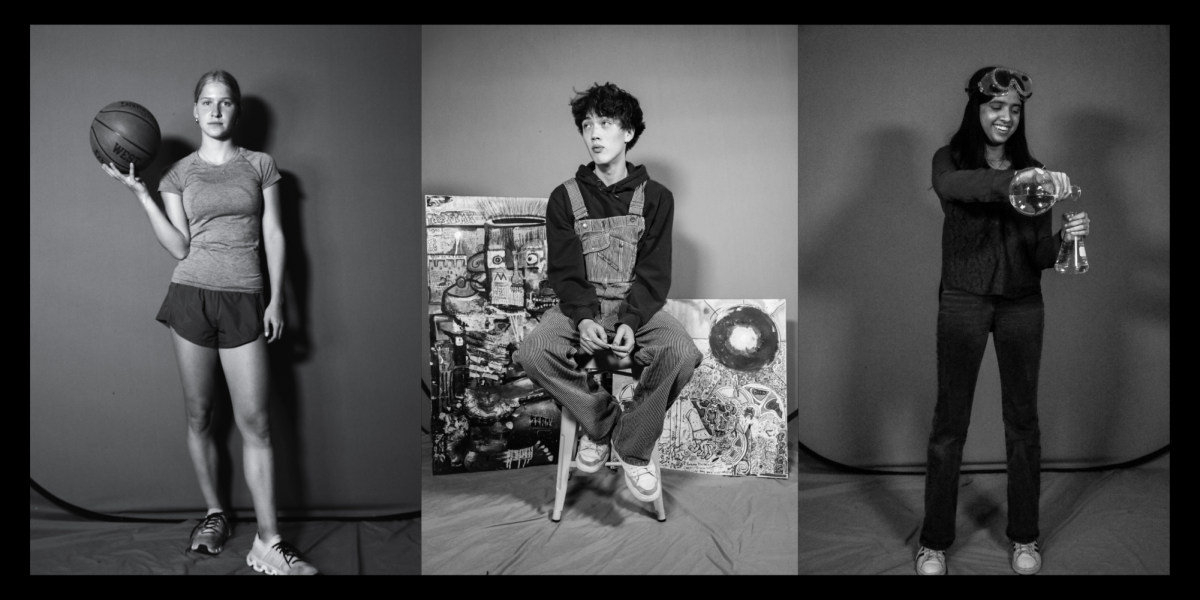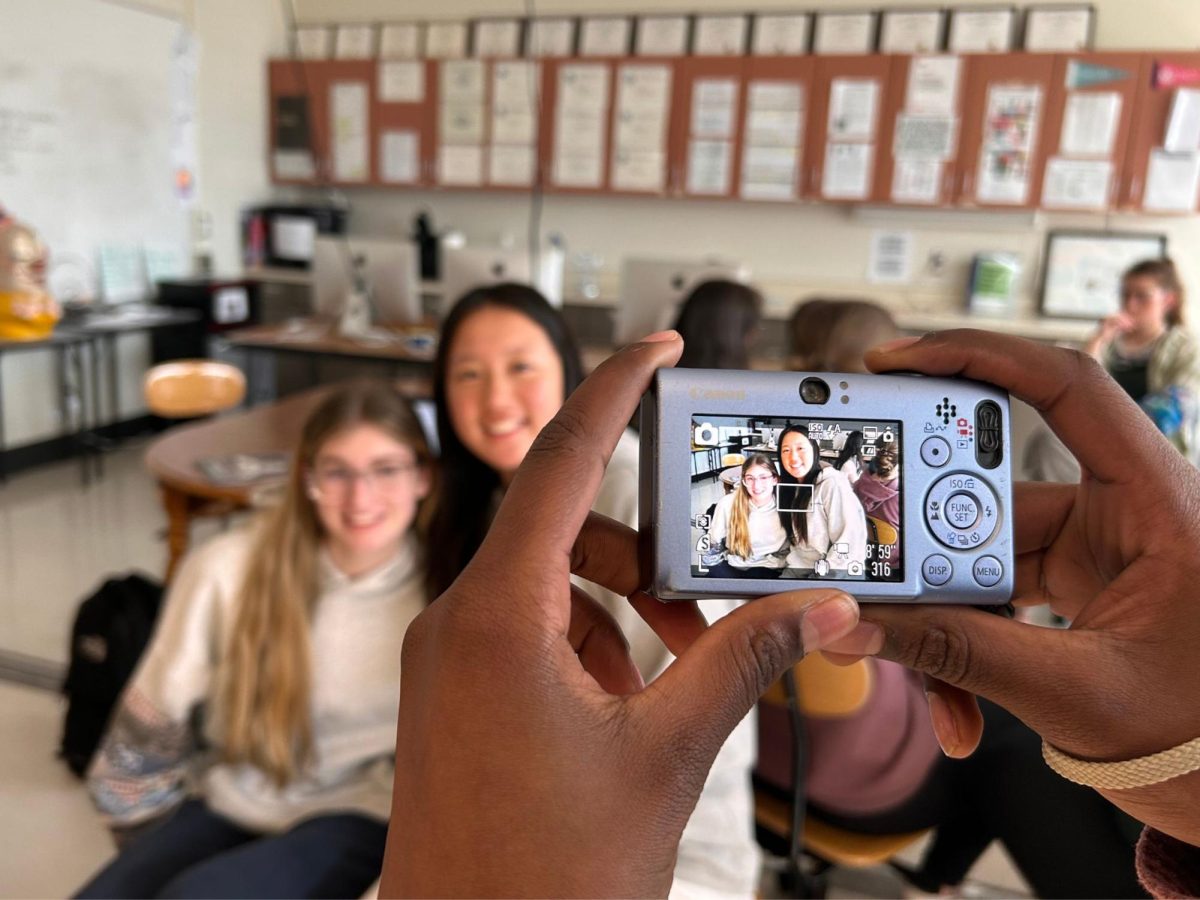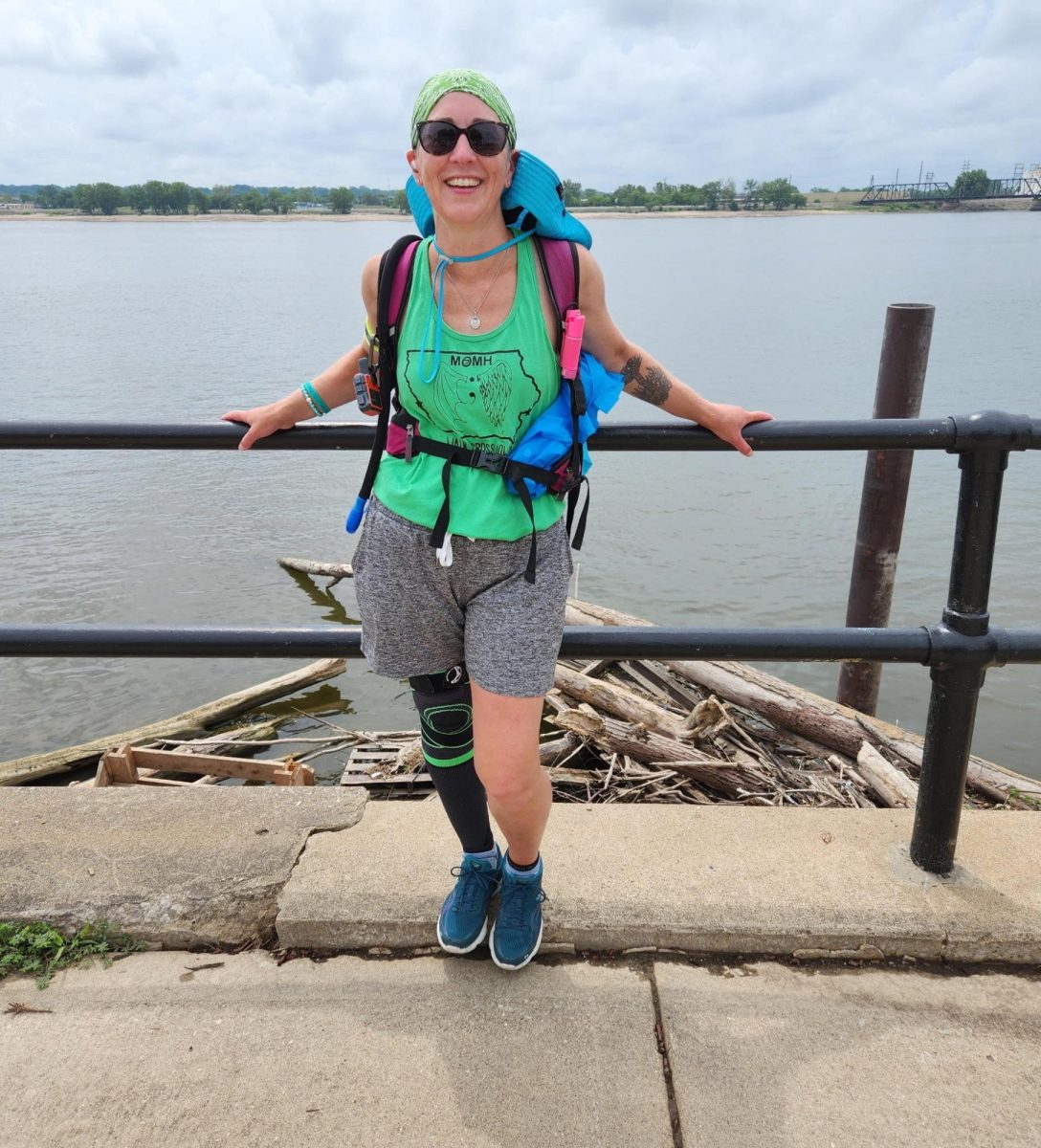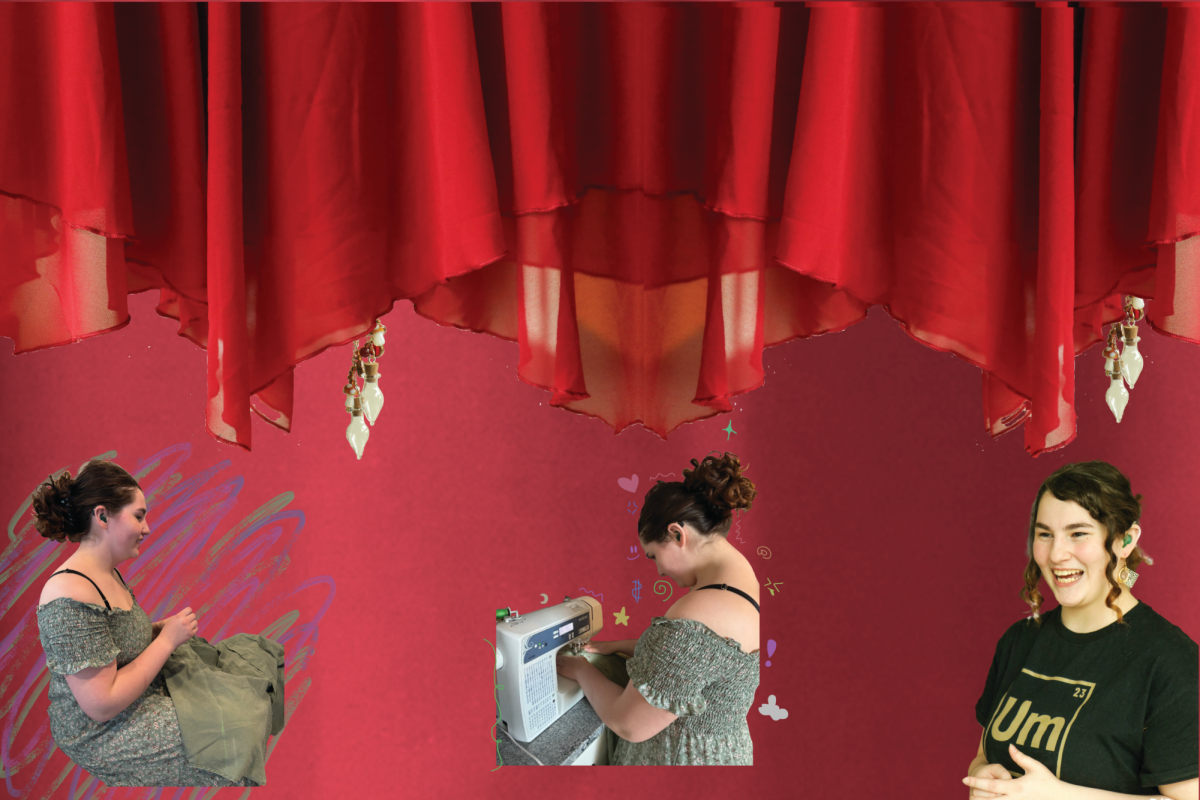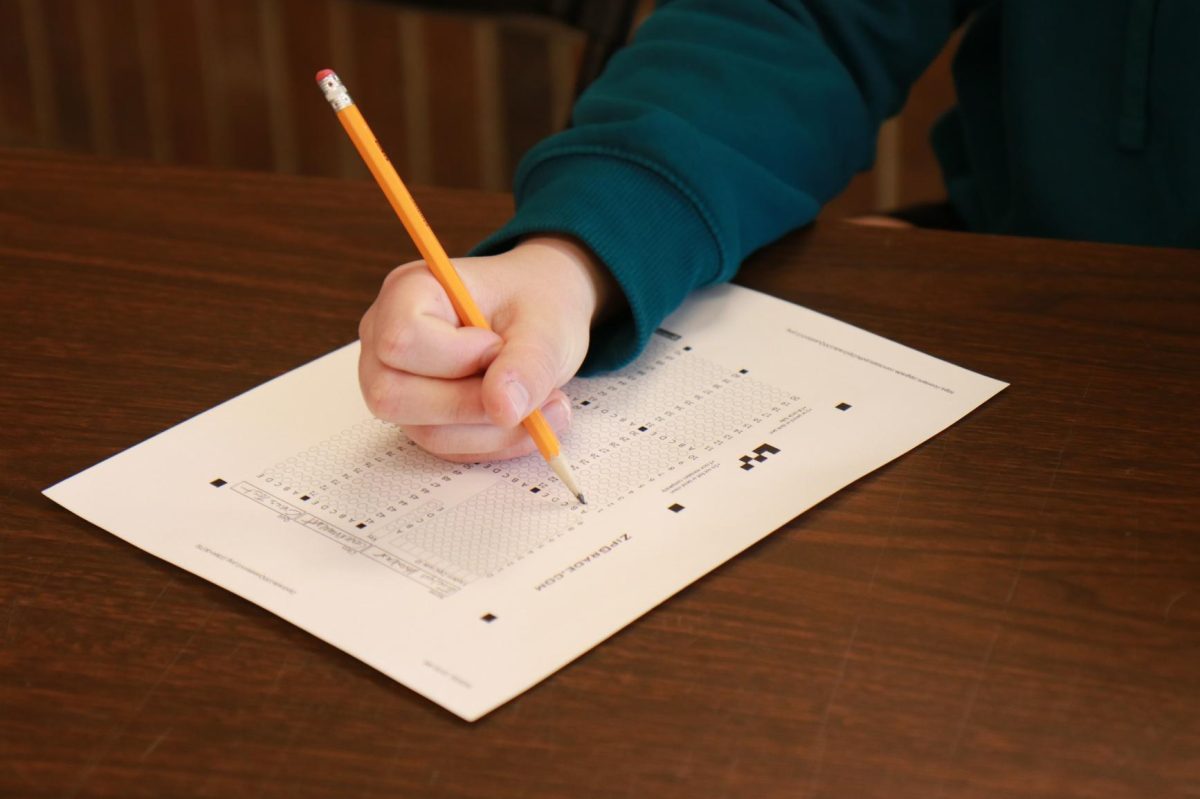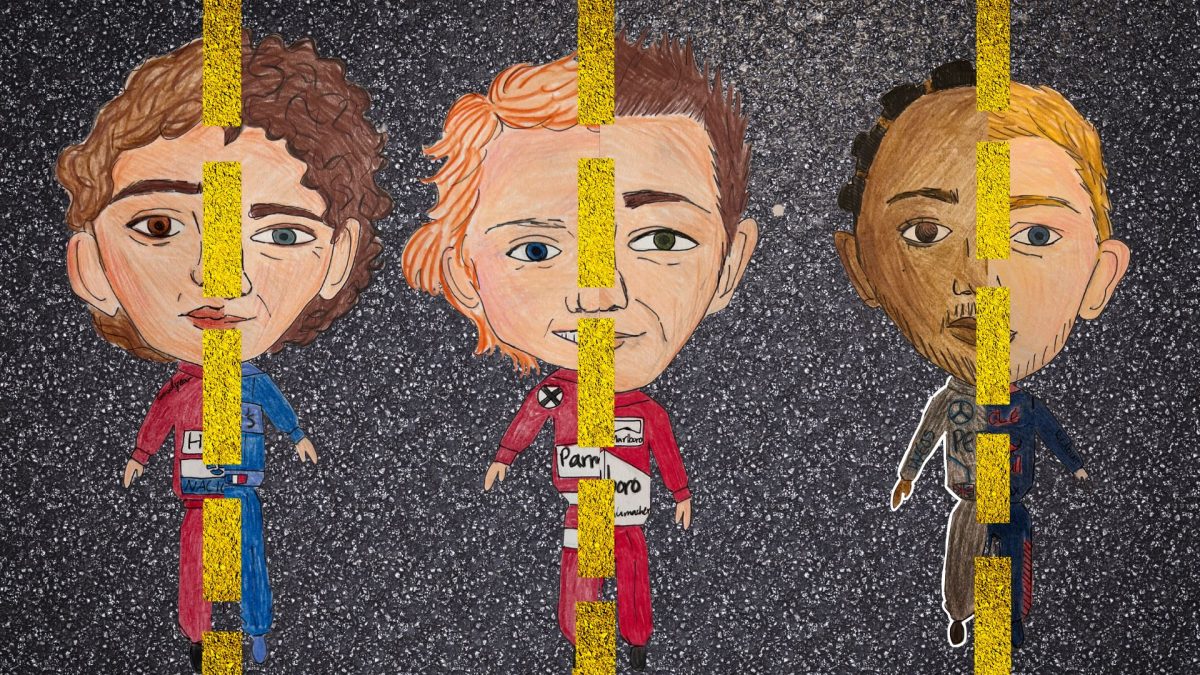During the 2021 Tokyo Olympics, news broke that seven-time gold medalist Simone Biles had chosen not to participate in the team final due to concerns about her mental health. General reactions were varied, with many people applauding her for advocating for the mental health of athletes, while others said mental toughness is mandatory for high-performance athletes and that she was weak for dropping out. Since 2021, Biles has rejoined the world of gymnastics and has continued to advocate for mental health in sports.
While the debate still exists, the conversation of mental health in sports has increased extremely, especially with studies being conducted on the mental health of injured athletes. According to an article by the NCAA, injuries elicit both a physical and mental response. An injured athlete can experience augmented irritability, depression, appetite changes and substance abuse.
West High offers 24 sports, with many West High athletes competing at the highest levels, whether in state tournaments or participating in the Olympic Trials outside of school. Doing any sport raises the risk of injury, and the Trojan student body is no stranger to ACL tears, dislocated limbs or various sprain and breaks.
Senior Helen Orszula has experienced two major injuries throughout two sports. A recurring stress fracture in her shin has impacted her cross-country and track career, and a dislocated elbow ended her junior wrestling season. Both had an impact on her mental health, with Orszula mentioning that the self-comparison was a large factor. “You start to wonder if it’s like a mindset thing. Like other people can push through injuries, why can’t you?” Orszula said.
Having a good amount of self-introspection can be healthy in an athlete, pushing them to work hard for the top spot or to achieve a new personal best. If the comparison becomes unhealthy, issues like disordered eating and excessive exercise can become a serious problem, according to a report by the National Library of Medicine.
Comparison doesn’t just come from within. Excessively competitive coaches can create a toxic environment within a sport, pushing the athletes too far and creating more injuries. However, for the Trojan-Bolts swim team, the atmosphere could not be more different, according to Orszula. With an open environment and understanding coaches, Orszula mentioned the positive impact swimming had on her mental health. “My coaches made me feel like I had value beyond how fast I could go,” said Orszula.
Another West High athlete who experienced multiple injuries within a year is Quinn Abbott ’24. On the field during his senior football season, Abbott was tackled and landed on a nerve in his neck. As he continued to play, the injury worsened, and towards the end of the season, Abbott was hospitalized after collapsing on the field. “I had lost complete feeling in both of my hands from my middle finger down to my pinky and really couldn’t move my arm so well,” Abbott said.
After the injury healed, Abbott went back to sports to participate in his last year of track and field, eager to recreate the success of the team last year. The day before the team would travel up to the state tournament, Abbott strained his hamstring and was unable to compete with the hurdle team. “I’ve gotten concussions, but like this serious of an injury, I’ve never dealt with that.”
Abbott’s coach has helped with his mental health after his second injury. “It is what it is, and how my coach put it: it’s spilled milk. Can’t really do anything about it, just take it day by day,” Abbott said.
The sharing of mental health can create a healthier bond among a team, according to the NCAA article. “The memories in the hotel and the team dinners-that’s more important to me than running in some races. So just being able to change the mindset and be like, yeah, it’s spilled milk. I can’t do anything about it. So how can I help others?” Abbott said. “See what I can do to be the best teammate possible, and help others in the best possible way.”
Sophomore Ellie Chen had a similar experience when she tore her ACL in the autumn of 2023. “I was at a tournament for a club I jumped in, and I think I landed weird, and then I went back on. I was running, and I tried to cut, and I just felt my knee pop,” Chen said, talking about her soccer injury.
Another way an injury can impact a student athlete’s life is the time it takes to heal. Chen mentioned the lengthy healing process of an ACL as a major factor in her recovery. “Appointments for my knee, and like physical therapy twice a week, getting called out, that affected it,” Chen said.
It was a long road to recovery for Chen. “Right out of surgery, it was kind of frustrating because I was still on crutches and I couldn’t really lift my leg off the bed and stuff. It was kind of hard because I was just wondering how long it would take until I could get back to normal,” Chen said.
Attending physical therapy twice a week turned into once a week, and now once every two weeks; Chen wants people to know that injury is not the end of the road. “Just stay motivated. It may seem like you’re not going anywhere at first, but it’ll get better, pretty exponentially.”
Abbott had a similar message for other injured athletes. “In the end it always gets better. It takes time. It takes a lot, a lot of time. But it will always get better,” Abbott said.
Orszula also had some advice for injured high school athletes. “Injury is not your whole life… you gotta get healthy before you can run at your best or compete at your best, and it’s really hard to do that. It’s really hard to take a break and rest because you never want to be on the sidelines. You never want to be relegated to being a manager or anything like that,” Orszula said.
“But it’s, do you want to sacrifice these four years for your whole life? Or do you want to take a break now and then have your whole life still? And high school sports aren’t worth it. They aren’t worth your whole life. High school is this thing that you will do for four years, and then you’re done. And maybe you want to play in college. Maybe you want to compete in college. But is it worth it? Is it worth your body? Is it worth your health? I don’t think it ever is,” Orszula said.



